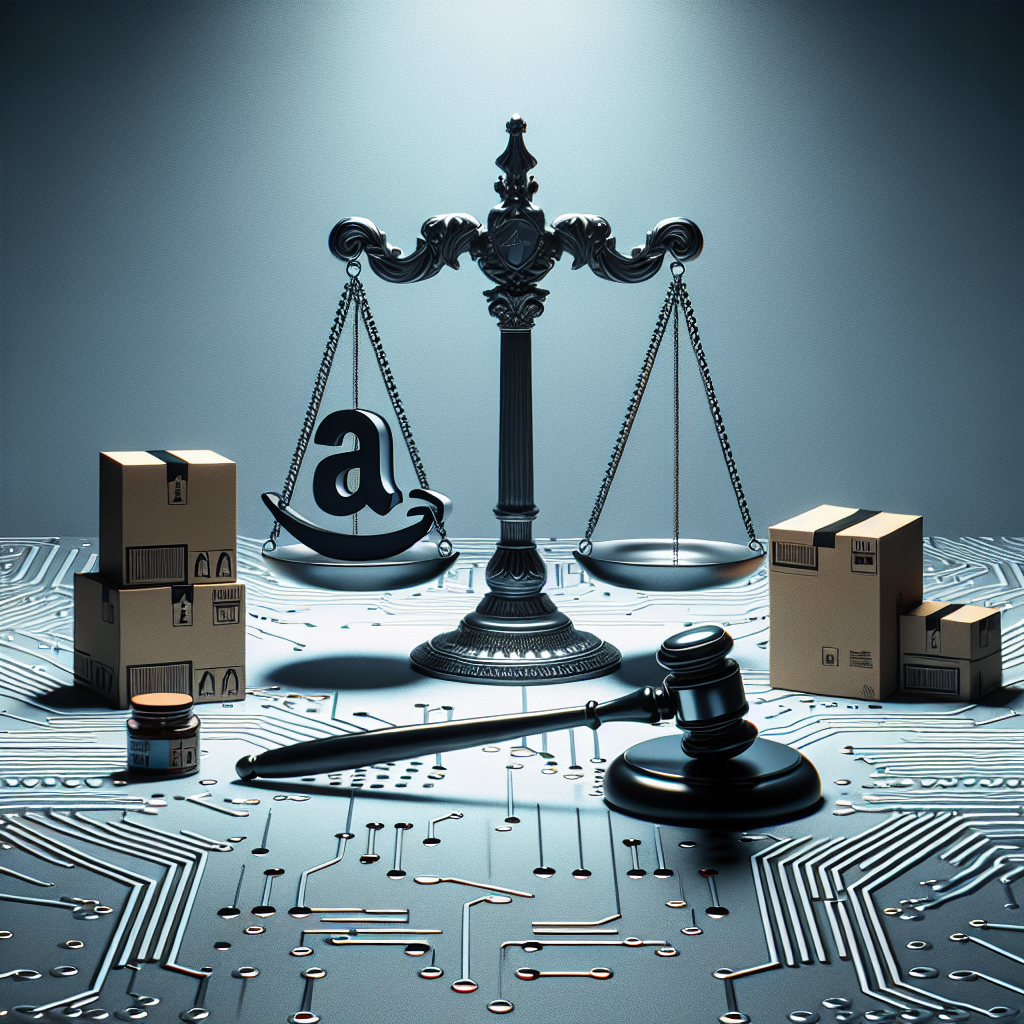Judge Greenlights FTC’s Antitrust Suit Against Amazon
The ongoing legal battle between the Federal Trade Commission (FTC) and Amazon has reached a critical junction. In a landmark decision, a judge has ruled in favor of allowing the FTC’s antitrust suit against the retail giant to proceed. This development not only marks a significant moment in the ongoing scrutiny of big tech companies but also sets the stage for potential seismic shifts in the sector. Let’s delve into the intricacies of the case, its implications, and what lies ahead for Amazon and the broader technology landscape.
Background of the FTC’s Antitrust Suit Against Amazon
The origins of the FTC’s antitrust lawsuit against Amazon can be traced back to growing concerns over the company’s market dominance and business practices. The suit accuses Amazon of engaging in anti-competitive behavior that hinders fair competition and harms consumers. Specifically, the FTC alleges that Amazon uses its dominant position to stifle competition by favoring its own products and services over those of third-party sellers on its platform. This behavior, according to the FTC, violates fundamental antitrust laws designed to promote market competition and foster innovation.
Amazon, on the other hand, has consistently defended its business practices, arguing that its innovations have spurred competition, lowered prices, and delivered immense value to consumers. Despite these claims, the FTC has been steadfast in its pursuit, seeking to reel in what it perceives as an overreach of corporate power that could have long-term detrimental effects on the market.
The Court’s Decision: What It Means
In a decisive ruling, the court has allowed the FTC’s lawsuit to move forward, providing a legal boost to the agency’s expansive challenge against Amazon. This decision centers on the court’s interpretation of antitrust laws and the FTC’s ability to argue that Amazon’s practices could lead to a monopoly or impede competition. The court’s ruling underscores the increasing willingness within the judiciary to reassess and apply antitrust laws to the unique business models of modern tech giants.
Legal experts suggest that this case could become a cornerstone for future antitrust litigation, particularly as regulators worldwide attempt to craft policies that adequately address the complexities of the digital economy. The decision has also been seen as a signal to other tech behemoths that regulatory bodies are keen on ensuring competitive marketplaces, particularly in the digital realm.
Potential Implications for Amazon and the Tech Industry
The implications of this antitrust case are manifold. For Amazon, the legal proceedings could trigger significant adjustments in its business operations, both in terms of how it deals with third-party sellers and how it promotes its own products. If the FTC were to prevail, Amazon might face penalties, forced changes in its business model, or even structural reforms aimed at reducing its market dominance.
Beyond Amazon, the tech industry at large is watching with bated breath. A ruling against Amazon could pave the way for increased regulation across the board, with other major tech companies like Google, Apple, and Facebook also facing heightened scrutiny over their market behaviors. This case could catalyze a wave of regulatory reforms designed to better control the power exerted by tech giants and ensure that consumers and smaller businesses are not disadvantaged.
Conclusion
As the FTC’s antitrust case against Amazon unfolds, it serves as a crucial touchpoint in the dialogue around competition and fair business practices within the tech industry. The decision to allow the lawsuit to proceed highlights the dynamic and evolving nature of antitrust litigation in the age of digital commerce. For consumers, businesses, and policymakers, the outcome of this case will undoubtedly shape the future landscape of technology and market dynamics.
Stay informed about this groundbreaking case and its potential to redefine industry standards. As developments emerge, they will inevitably influence how we perceive and regulate the balance of power within the tech world.





